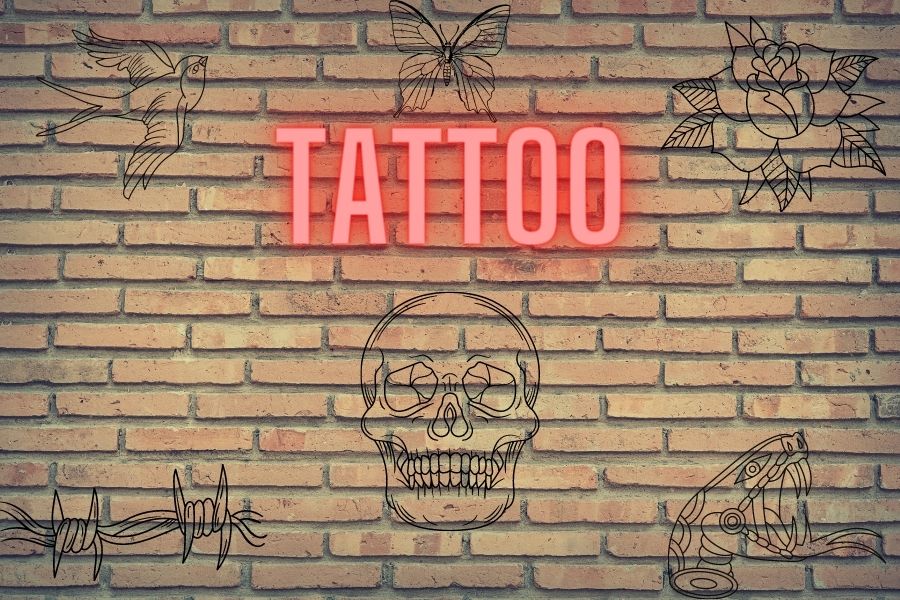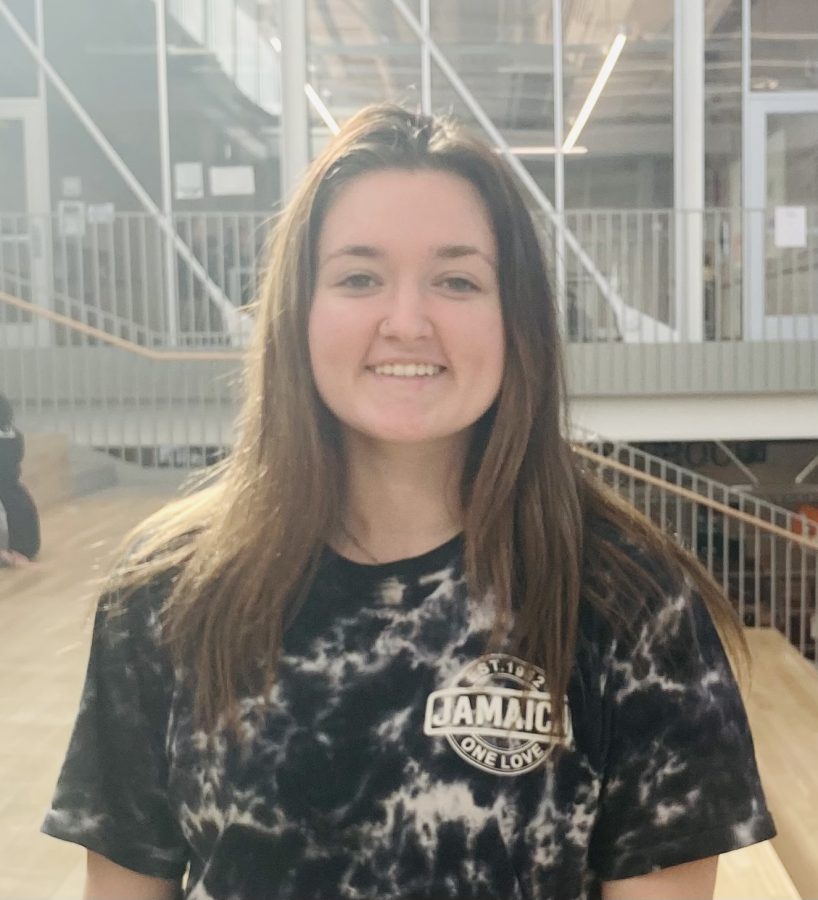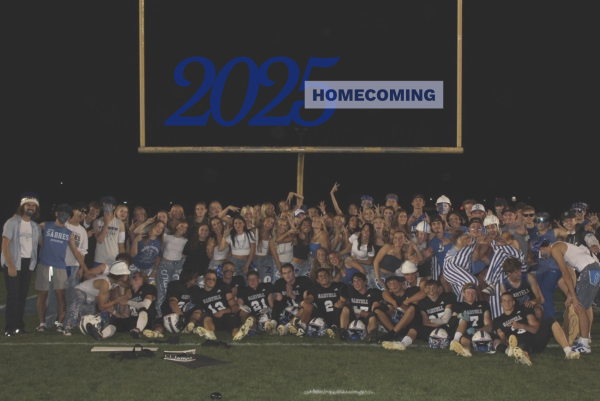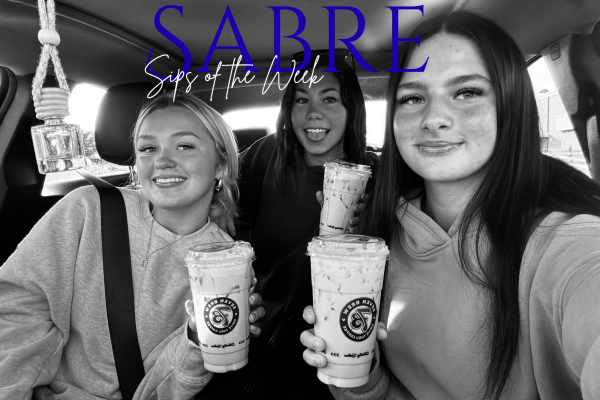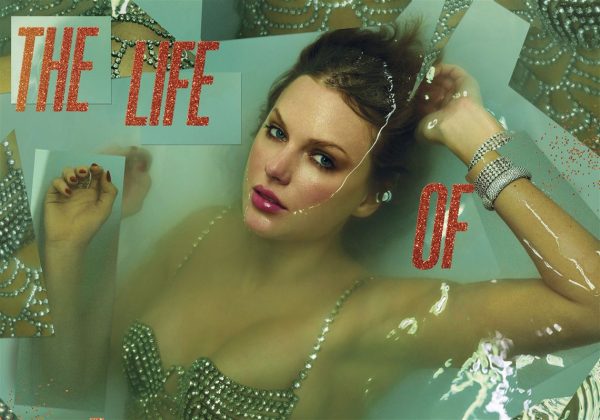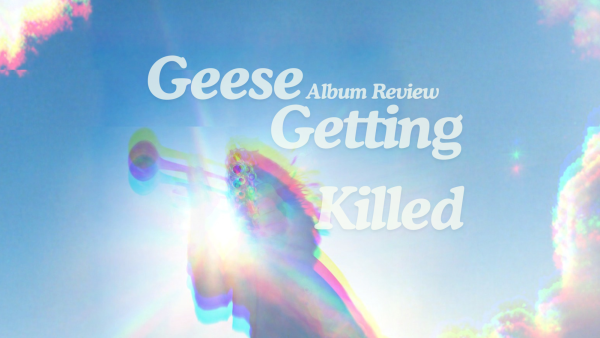Tattoo no longer taboo?
Within the image highlights some of the most stereotypical and popular tattoos.
The idea of having permanent ink needled into your body has had many stigmas surrounding it, but in recent years the negative tattoo stereotypes are being debunked as the number of those tattooed increases in younger generations.
According to a BBC article, a research company in 2010 found 38% of U.S. millennials have tattoos; 70% of them said their tattoo is not visible. For years there was a thought that you had to hide any body art or else it will stand in the way of the job of your dreams, or just that part-time gig to pay the bills. Although there are many anti-discriminatory laws in the hiring process, it is still legal for employers to reject a candidate due to anybody modification such as piercings, hair color, and tattoos. Some employers claim the body modifications are unprofessional or go against the uniform expected to be followed by their employees. Many employers are turning away from being against these characteristics as they become more popular. Tattoos increasing in popularity is a large factor in decreasing negative stereotypes.
Emily Hahn, a senior at Sartell High Schools has three tattoos already, each with a special story and meaning behind it. She stated in an interview that she believes the stigmas in everyday life and in the workforce are changing. “I feel like it [the stigma] is getting better, and people are thinking more like: it’s a tattoo, it has meaning behind it.”
Her statement definitely has some truth behind it. When people see someone with a tattoo one of the first things they ask is for the story behind it. It seems most people these days are getting tattoos for a specific reason, and not simply because they want it. For example, the roses on Emily’s forearm are in honor of her grandfather’s passing. There had been roses on his coffin as it was lowered into the earth, inspiring her tattoo idea.
Not all tattoos have meaning. Some people find the new stigma about needing to have meanings behind tattoos annoying, to say the least. A point made by Sartell junior Gretta Johnson: “Putting art on your body is a beautiful thing. If it’s pretty, it’s pretty. There doesn’t have to be meaning if you like it.” A classmate sitting next to Gretta as she gave this statement blatantly disagreed. A nonviolent argument sparked but quickly ended in a stalemate. What both people could agree on was that the stigmas around tattoos are dwindling.
A 2018 article from Harvard Business Review stated that Professor French of the University of Miami declared from his research that having tattoos does not hurt your chances of getting a job. However, according to a Better Workplaces Better World article, whether your tattoo affects your employment depends on the type of job you have. A Harris Poll survey from the article found a difference in people’s comfort levels of seeing a person’s tattoos. 86% of people said they would be comfortable seeing an athlete with a tattoo. Teachers and judges rated lower at 59%, but over half still felt comfortable. At the lowest comfort level were presidential candidates at 58%. These numbers clearly speak volumes against previous stereotypes, especially with over half of people being comfortable with the leader of their country having visible tattoos.
Eighteen-year-old Alexandria high school senior, Ella Halvorson recently got a tattoo. She got it on her ribcage even though it is one of the more painful places and not a recommended placement for one’s first tattoo. Her artist gently encouraged her to rethink her placement, but Ella was adamant.
She has plans on being a doctor: “I know some people are more lenient about them [tattoos], but I would rather be safe than sorry.”
Emily is not as worried about her visible placement on her forearm as she has plans to be a physical therapist. She has no problem wearing long sleeves under her uniform scrubs if she has to.
In a 10 News article Isaac Riendeau, a tattoo artist in Knoxville, says when he first started tattooing his clients were mostly old bikers and criminals. In the past few years, Isaac has seen a huge increase in 18-28 year-olds getting tattoos. The stigmas are actively being challenged by the younger generations.
Not everyone is ecstatic about the growing trends. Just like ripped jeans, the older generation is disapproving of the popularity of tattoos. Emily stated her grandfather did not approve of her body art. Ella’s parents were also not impressed. What is seen as cool or symbolic is deemed a waste of money, and just plain stupid by some. Other groups against the growing popularity are ironically those already with tattoos. Body art used to be a sign of rebellion. Now with the growing popularity, that idea seems to be dwindling in the eyes of some. One person with a tattoo stated that she was hesitant to get another one because she didn’t like how everyone had a tattoo now. She said tattoos felt less special now that they are more popular.
Regardless of those who are happy or not about the increasing tattoo population, the trend of body art seems to be here to stay with steady recent trends. Any lingering negative stereotypes may just have to be retired as more and more people have body ink.

I am a senior at Sartell High School. The dictionary would describe me as a dork. I've earned this title by being a bookworm, a movie fan, and an overachiever....



